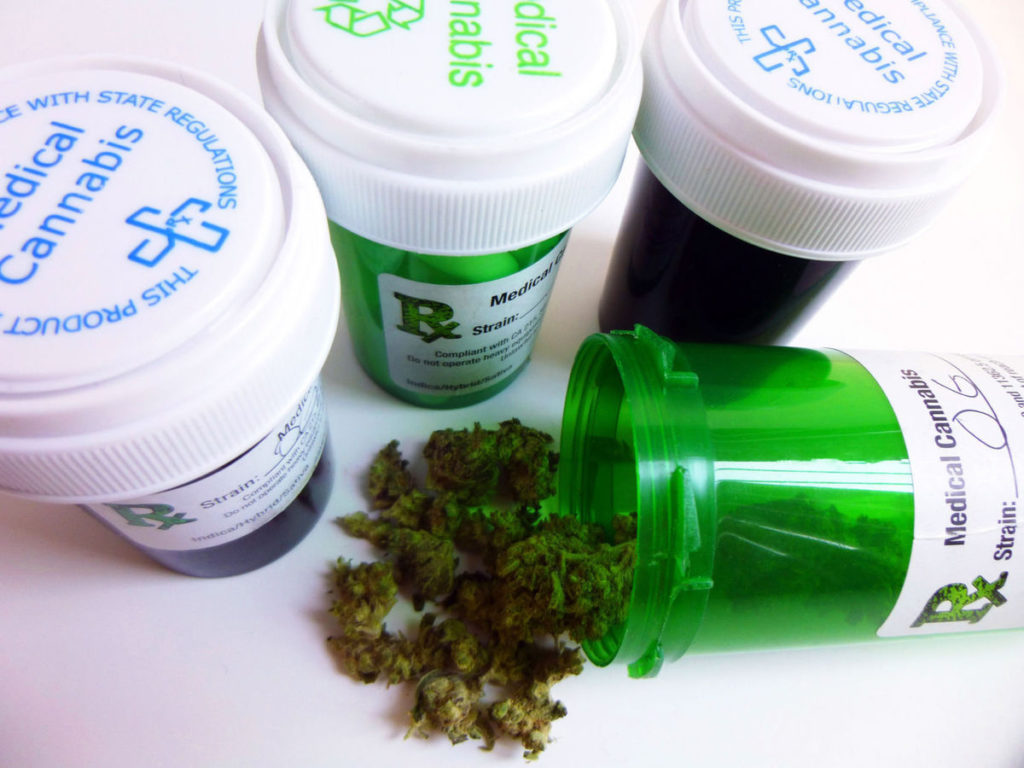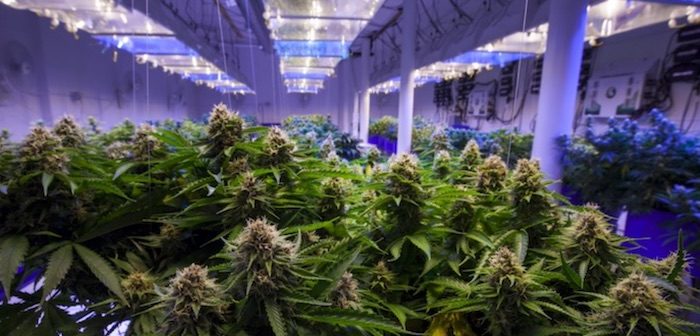The state health department released a pack of proposed rules for the medical marijuana industry, which will be the subject of a public hearing later this month.
The rules provide new information about how the industry would be regulated in areas like employment, product tracking and testing, security and fees. They focus on the production, sales and testing side of the business rather than patients.
Health department spokesman Jon Ebelt said in an email that DPHHS took input from the Montana industry and researched practices in “all states” that have marijuana programs.
Twenty-nine states have legalized recreational or medical marijuana. Ebelt said they provided blueprints, especially for more intensive parts of the Montana program like testing.
“In regards to testing protocols and standards, we have researched other states’ practices, reached out to testing labs across the nation, and worked with marijuana testing labs in Montana to develop this part of the regulation,” he said.
The proposed rules would require medical marijuana providers to have their products tested for characteristics such as the levels of THC and other compounds in the plant.
Under the rules, testing would also identify the presence of four types of heavy metals, 15 solvents and 59 pesticides, microbes and other things. The department also outlined the level at which a test batch will be rejected for certain items.
The addition of a tracking system was also a big part of the regulatory law passed this year by the Montana Legislature. These proposed rules show that providers will register for an inventory tracking system account administered by the department.
Each day, providers would be required to log information about sales, ongoing harvest weights and disposed waste.
Lawmakers set an effective date of April 30, 2018, for provisions like testing and tracking. They could take effect sooner if DPHHS is ready to implement them, but Ebelt said there are more steps in the rule-making process that will determine effective dates.
The law requires a notice of two months for the industry before new rules become enforced, Ebelt said.
Other rules proposed for providers include employee permits for anyone working for a licensed provider and written plans for security, production and emergencies.
A person convicted of any drug offense, including for marijuana, can’t receive a medical marijuana employee permit, according to the rule proposals.
The rules would require providers to keep a daily log of “all visitor activity to a limited access area.” Limited access areas include places where medical marijuana is “grown, cultivated, stored, weighed, packaged, sold or processed for sale,” according to the rules.
Medical marijuana groups in Montana are expected to lend commentary to the health department on the proposed administrative rules.
“Patients are still being viewed as cash cows, which is concerning,” Boiter said.
Most of the additional fees would be paid by providers and testing laboratory operators, but the patient registration fee would go from $5 to $30. Patients would also pay $10 to switch providers or change other registry information.
Providers serving more than 10 registered patients would pay an annual license fee of $5,000, and those serving fewer than 10 patients would pay $1,000. Previously, all providers paid a $50 fee.
About 63 percent of registered providers serve fewer than 10 patients, according to health department figures.
Testing labs would pay a $2,000 licensing fee. Four labs are currently registered with the state.
Kate Cholewa, a spokeswoman for the Montana Cannabis Industry Association, said that while the state is creating a new regulatory system, she hoped it would have had a quicker roll out.
“There are parts of the rules that are underdeveloped and places where we think the rules are aiming to solve problems that don’t exist and creating unnecessary difficulties for patients,” she said in an email.
She said the organization plans to request modifications to several of the regulations.
The Department of Public Health and Human Services published the proposed rules in the Montana Administrative Register on Nov. 9. A public hearing is scheduled for Nov. 30 at the DPHHS building in Helena.
The public can also send input directly to the health department at any time.
credit:420intel.com





